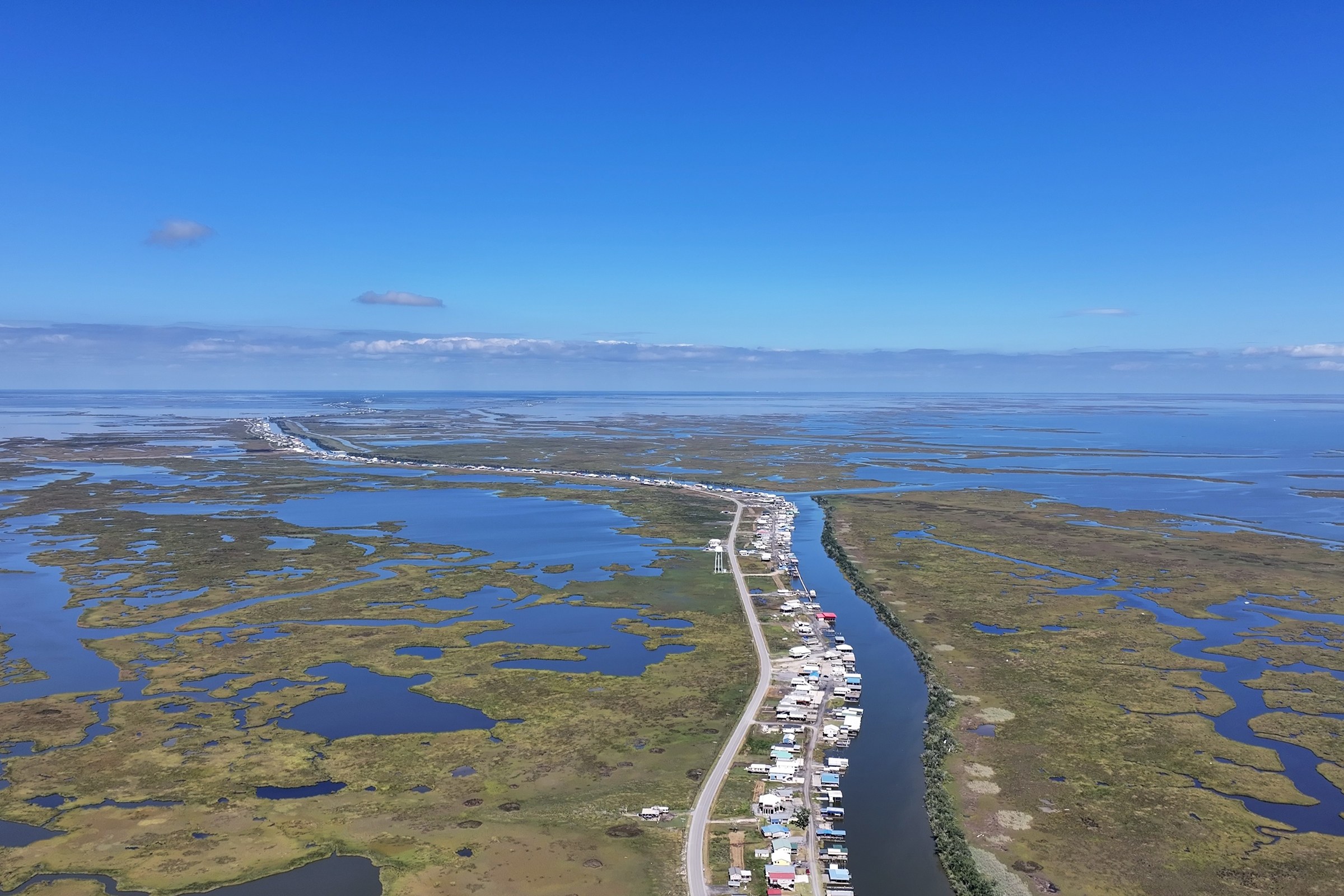
Research
The Center on Climate Change and Urbanism (CCU) offers funding for faculty research projects and research undertaken by undergraduate and graduate students.
"Our goal at CCU is to bridge communities of practice and scholarship to define our role in mitigating and adapting to climate change."
Research Grant Opportunities
Visit this page to learn about the CCU's research funding opportunities.
Research Projects
Browse through featured research projects at Tulane School of Architecture and Built Environment.
Recent Research Publications
Review recent publications by CCU fellows and School of Architecture and Built Environment professors.